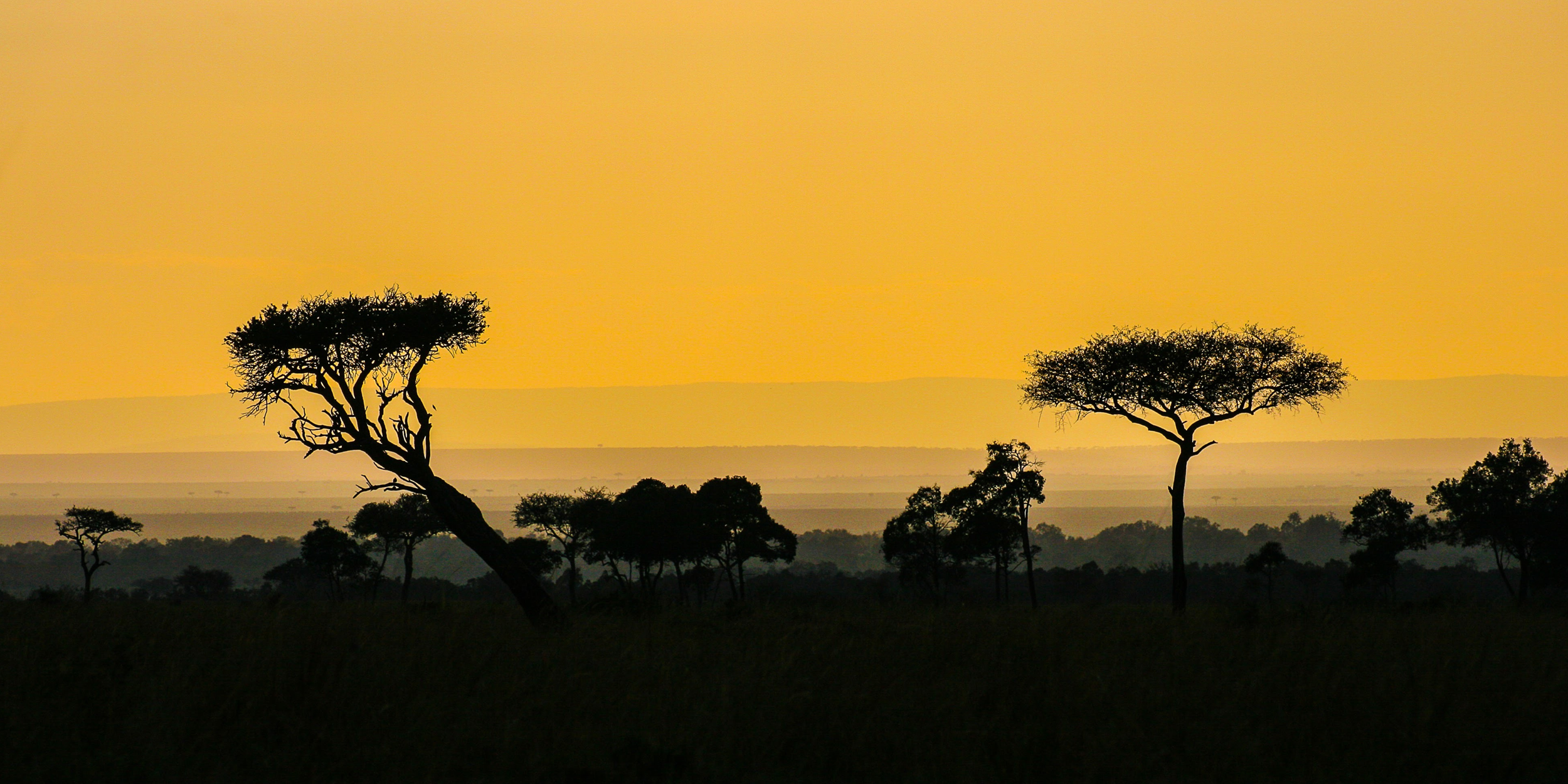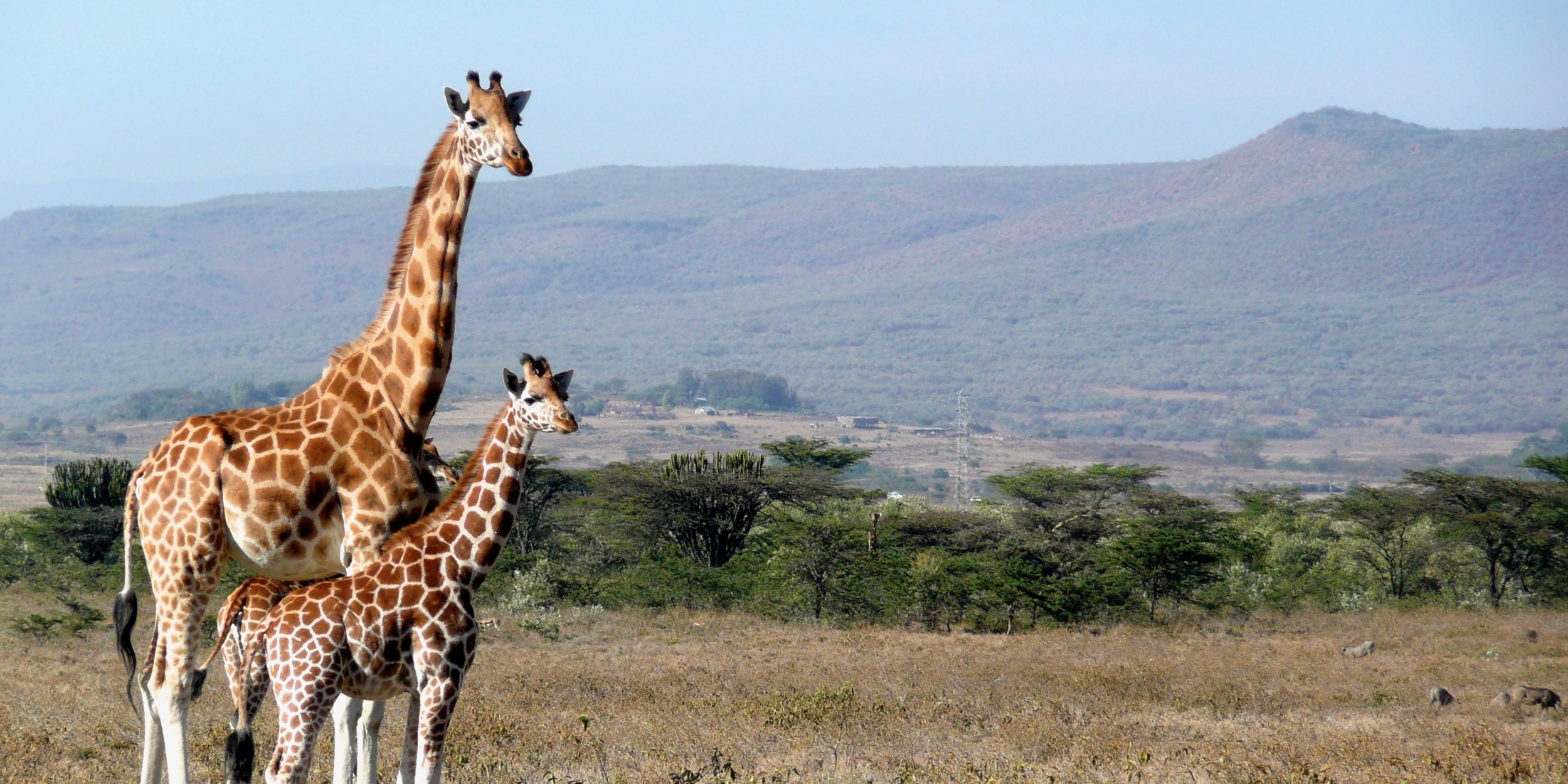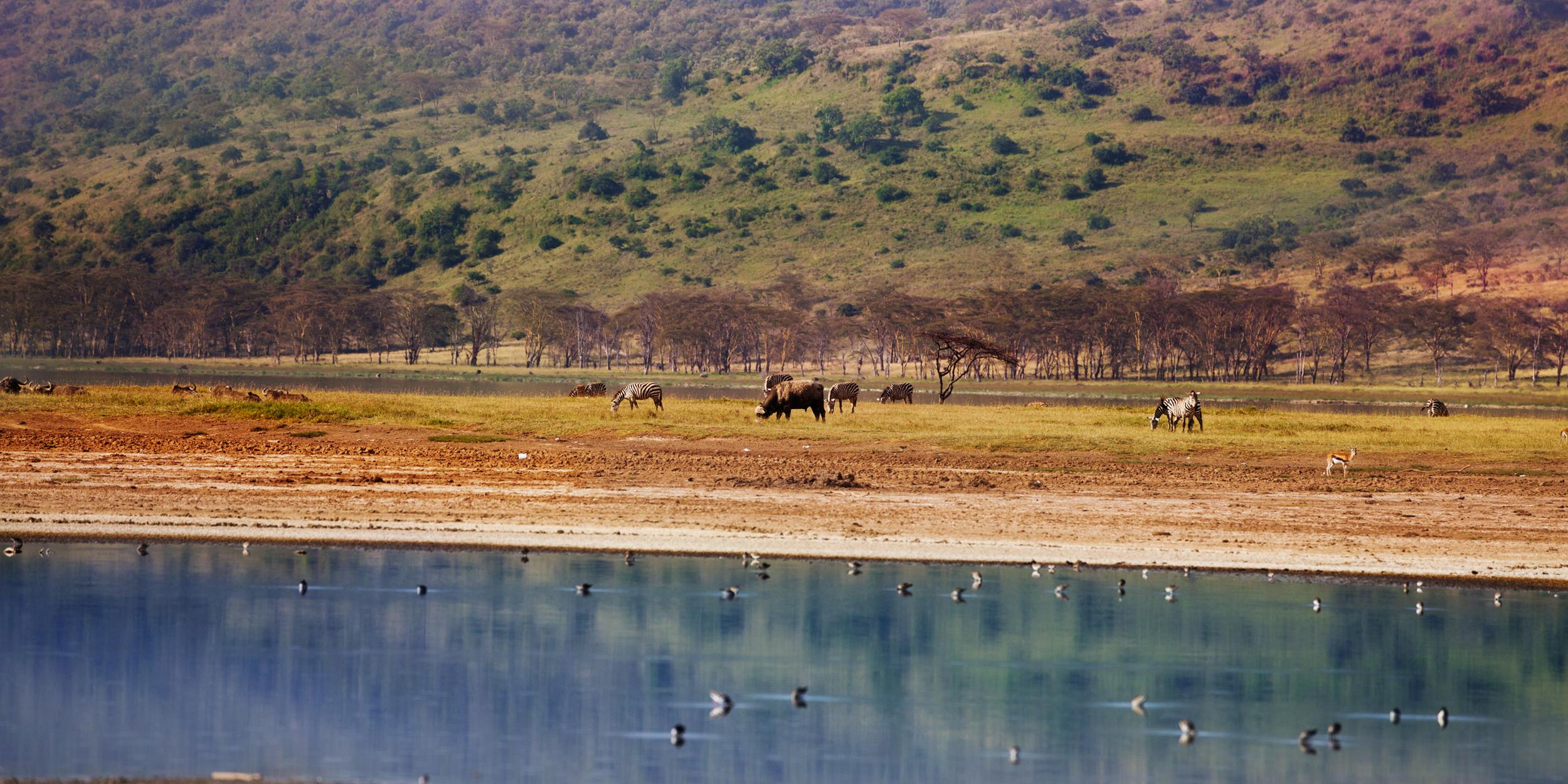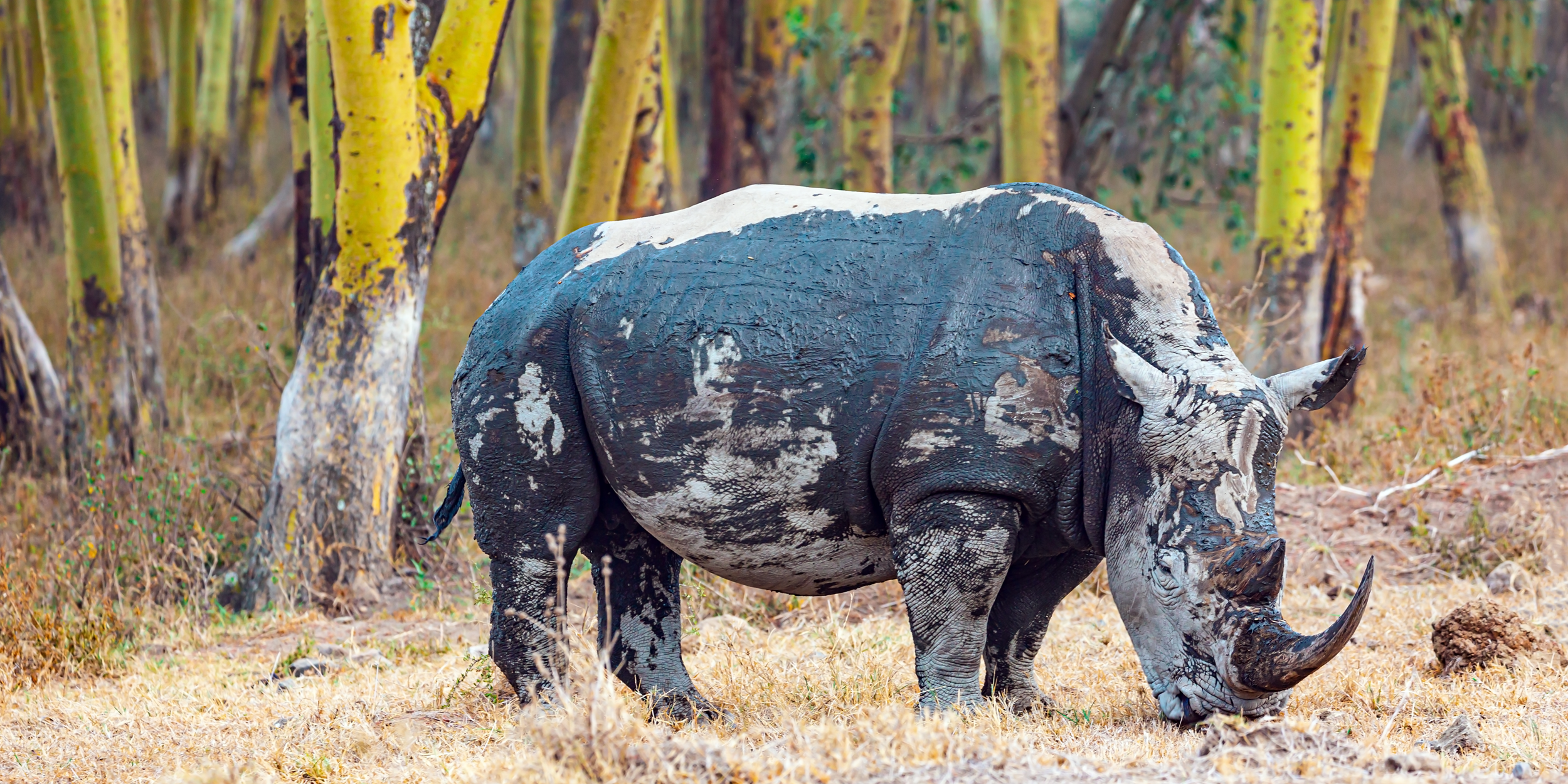Kenya is diversified and thriving in East Africa. Its beautiful scenery, abundant wildlife, and vibrant culture are famous. Kenya has several attractions for tourists, from the Maasai Mara National Reserve to Mombasa’s beaches. Preparation is essential before visiting Kenya. Learn about Kenyan culture, packing needs, transportation, safety and health, and more in this thorough guide to Kenya.
Dos and Don’ts of Kenyan Culture
Traveling abroad requires understanding and respecting the local culture. In Kenya, cultural traditions and practices are vital in daily life. Respecting Kenyan culture requires knowing the dos and don’ts when engaging with Kenyans.

Dos:
- Handshakes are customary in Kenya. This shows respect and kindness.
- Be modest: Kenyans emphasize modesty, especially in rural and religious settings. Dress modestly and avoid exposing apparel.
- Learning some simple Swahili phrases can show respect for Kenya’s culture since Swahili is one of the national languages.
Don’ts:
- Pointing with your finger is disrespectful in Kenya. Use your entire hand or nod to indicate direction.
- Using your left hand to eat or pass food is dirty in Kenya. Eating or passing food with your right hand is polite.
- Take images without permission: In rural locations, people should be asked for permission before being photographed. Some people dislike getting photographed.
Kenya Travel Preparation: Etiquette, Tips
To ensure a pleasant vacation to Kenya, various precautions must be taken. Here are some travel preparation tips:
Pre-trip prep:
- Visa requirements: Before visiting Kenya, check your country’s visa requirements. Entry requires a visa for most visitors.
- Traveling to Kenya requires immunizations, so visit a doctor. Hepatitis A, typhoid, and yellow fever immunizations are common.
- Kenya has a diverse climate, so pack weather-appropriate gear. For hot weather, wear lightweight, breathable clothing; for cooler evenings and higher altitudes, use warmer apparel.
Travel etiquette:
- Respect wildlife: Respect animals and their habitats in national parks and wildlife reserves. Follow park rangers’ warnings and stay away from wildlife.
- As said, photographers should get permission before taking images of individuals, especially in rural locations.
- Kenyan culture values respect and courtesy. Interacting with natives requires awareness of cultural norms.
Don’t when visiting Kenya:
- Try local cuisine: Kenyan food is wonderful and unique. Ugali and nyama choma are must-eats.
- Avoid littering to protect the environment. Leave garbage appropriately and nature as found.
- Support local communities: Buy handcrafted crafts or stay in locally-owned hotels in Kenya. This boosts local economies and sustainable tourism.
Packing Essentials for Kenya
When packing for Kenya, consider the weather, activities, and any special needs. Pack these essentials for your trip:
Clothing and footwear suggestions:
- Wear lightweight, breathable clothes: Kenya is hot, especially around the coast. Pack cotton shirts and shorts for breathability.
- In mosquito-prone areas, long-sleeved shirts and pants are recommended to prevent mosquito bites.
- Kenya provides trekking and walking safaris, so wear comfortable shoes. These activities require good walking shoes or hiking boots.
Pack health and safety:
- Insect repellent: Kenya has many mosquitoes, so carry DEET-based insect repellent.
- Sunscreen: Kenya’s sun is harsh, so take high-SPF sunscreen.
- A basic first aid package should include bandages, antiseptic cream, and any prescription prescriptions.
Bring other essentials:
- Kenya uses Type G electrical outlets, so carry a travel adaptor if your devices have various plug types.
- Credit cards are accepted in big cities and tourist destinations, while smaller establishments and rural areas may not accept them.
- Travel insurance: Covering medical expenses, trip cancellation, and lost or stolen items is essential.
Kenyan Transport: Options
Travelers in Kenya have many transportation alternatives. The options and their benefits and downsides are listed below:
- Domestic flights are popular for long-distance Kenyan travel. Fast and convenient, they let tourists reach remote areas swiftly. They cost more than other modes of transportation.
- Matatus: Kenya’s main public transportation is privately owned minibusses. They are economical and widely available, therefore locals and visitors like them. It can be congested and uncomfortable, and drivers may be dangerous.
- Kenya’s cities and towns are easily accessible by taxi. They can be caught on the street or booked via a taxi app. To avoid overcharging, discuss the taxi rate before entering.
- Renting a car lets visitors explore Kenya at their speed. Those unfamiliar with the local roads and driving conditions should rent a car with a driver. Poor road conditions and aggressive driving make driving in Kenya difficult.
Safe and effective transportation tips:
- Pre-trip research: Before visiting Kenya, explore local transportation choices. This will inform your choices and itinerary.
- To avoid fraud and secure your safety, utilize recognized cab services or book through a trustworthy app.
- plan extra time for travel: Major cities like Nairobi have heavy traffic, so plan extra time for flights and scheduled activities.
Safety and Health in Kenya: Precautions
Kenya is safe to visit, but you should take precautions. Kenya safety and health tips:
Kenyan health and safety risks:
- Malaria: The coast and west of Kenya are malaria-endemic. Take antimalarials and apply insect repellent to avoid mosquito bites.
- Food and water hygiene: Drink bottled or boiled water, avoid street food, and eat at clean restaurants to avoid foodborne infections.
- In any tourist site, petty theft can occur in congested areas or hotspots. Be careful and secure your stuff at all times.
Safety and health precautions:
- Before visiting Kenya, get travel insurance that covers medical expenses, including emergency medical evacuation.
- Stay hydrated: Kenya is hot, especially in some areas. When outdoors, drink lots of water to stay hydrated.
- Following local advice and norms is especially important while visiting national parks or doing outdoor sports. Park rangers and guides provide safety instructions.
Tips to avoid common travel illnesses:
- Discuss anti-malarial medicine with a doctor before visiting Kenya. Continue taking the medication as instructed for the required time.
- Practice good hygiene: Wash your hands often, especially before eating or handling food. When soap and water are unavailable, use hand sanitizer.
- Avoid animals: Kenya is known for its biodiversity, however, rabies can spread through contact with animals.
The Best Time to Visit Kenya: Weather and Climate
Your itinerary and desired destinations determine the best time to visit Kenya. The coast of Kenya is tropical, whereas the highlands are moderate. The climate in Kenya and the ideal time to come for particular activities:
 Kenyan climate overview:
Kenyan climate overview:
- Kenya has a dry season from June to October. Wildlife gathers around water sources, making it the greatest time to see them.
- The rainy season in Kenya lasts from November to May, peaking in April and May. While wildlife viewing is still fantastic, muddy roads may prevent some sites from being reached.
For wildlife viewing, beach getaways, and other activities, visit when:
- Wildlife viewing: Kenya’s dry season (June–October) is optimal for wildlife viewing. This is when animals gather around water sources, making them easier to identify.
- Beach vacations: Mombasa and Diani Beachs are tropical and open year-round. The dry season from June to October is optimal for beach holidays due to the nice weather and minimal rain risk.
- Hiking and trekking: Kenya’s dry season, from June to October, is optimal for hiking and trekking due to milder weather and less rain.
Weather-related travel tips:
- Kenya has varied climates, so it’s crucial to understand the weather in the locations you’ll visit. You can pack appropriate clothes and schedule activities this way.
- Be prepared for abrupt weather changes: Kenya has dry and wet seasons, but weather can change quickly. Pack a lightweight rain jacket or poncho for sudden rain showers.
- Consider shoulder seasons: The months before and after peak tourist season can offer beautiful weather and fewer crowds. Visit during these times for nice weather and fewer people.
Kenyan Wildlife Safari Tips and Etiquette
Safaris are a requirement for travelers to Kenya due to its amazing wildlife. Kenya safari planning tips:
Kenyan Wildlife Overview:
- Kenya has the Big Five—lion, leopard, elephant, buffalo, and rhinoceros. The most famous and sought-after safari animals are these.
- Kenya offers many national parks and reserves with great wildlife watching. Popular parks include Maasai Mara National Reserve, Amboseli, and Tsavo.
 safari planning tips:
safari planning tips:
- Research safari options: Kenya offers luxury resorts and cheap camping safaris. Compare choices and pick one that fits your budget and tastes.
- Safaris are popular, especially during busy tourist seasons, so book ahead. Book your safari early to get your favorite dates and lodgings.
- Hiring a knowledgeable guide can enhance your safari by providing wildlife and behavior insights. Consider hiring a local flora and fauna guide.
Safari etiquette rules:
- Follow park rules: Safaris require following national park and reserve rules. This involves following trails, not feeding animals, and not littering.
- Respect wildlife: Stay away from wildlife and don’t disturb their behavior. You and the animals are at risk if you touch or feed them.
- Reduce noise: Loud noises startle wildlife and interrupt their activities. Wildlife observation requires quiet and no unexpected movements.
Kenya’s Cuisine: Must-Try Dishes and Dining Etiquette
Ethnic groups and nearby countries have affected Kenya’s delicious food. This guide covers Kenyan cuisine, must-tries, and dining etiquette for travelers:
Kenyan food overview:
- Kenya’s staple food is maize flour-based ugali. It’s served with sukuma wiki (collard greens) or nyama choma (grilled meat) like polenta.
- Nyama Choma: Swahili for “roasted meat” is a popular Kenyan dish. It usually involves grilled or roasted beef, goat, or chicken marinated in spices and cooked over an open fire. Nyam choma is usually served with ugali and kachumbari, a fresh tomato and onion salad. It is a popular social dish in local restaurants and street food stalls.

